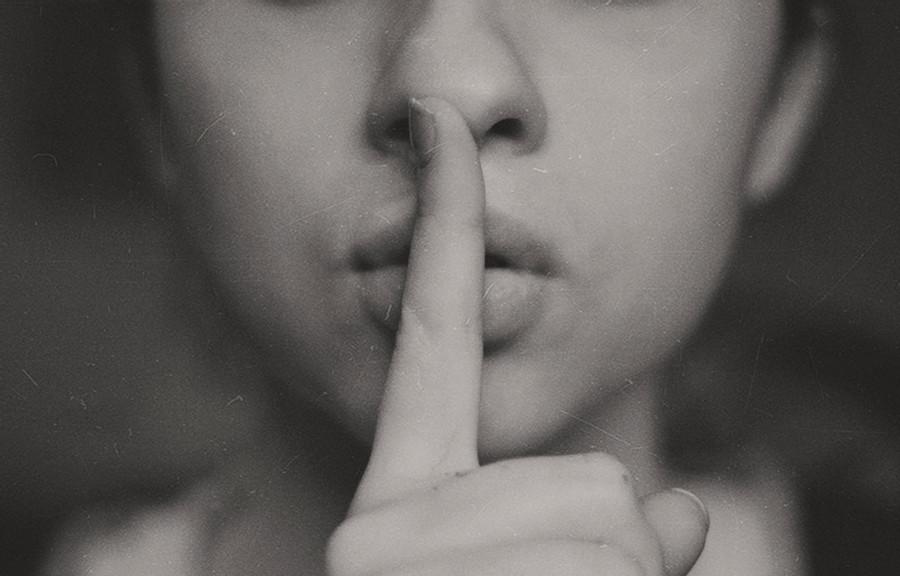Understanding nonverbal cues
A great deal of communication happens through nonverbal cues such as body language, facial expressions and eye contact. When you’re listening to someone, you should be paying attention to what they’re saying as well as their nonverbal language. By the same measure, you should be conscious of your body language when you’re communicating to ensure you’re sending appropriate cues to others.
6
12 reads
The idea is part of this collection:
Learn more about communication with this collection
Strategies for promoting inclusivity
How to address unconscious bias
How to create a diverse and inclusive workplace
Related collections
Similar ideas to Understanding nonverbal cues
"Unlocking the Power of Nonverbal Communication"
"The Silent Language" by Edward T. Hall is a classic book that explores the nonverbal aspects of communication and how they shape our interactions with others:
- Nonverbal Communication is Pervasive
- Cultural Variations in Nonverbal Com...
Nonverbal communication
Confidence is expressed most profoundly through our bodies. No matter how well we speak, the way we feel about ourselves will always manifest in our posture, our hand movements and our facial features.
So commit to strong, positive body language and make a conscious effort to form h...
12. Communicating effectively 💬
- Listen actively: pay close attention to the speaker and demonstrate that you're engaged by nodding, making eye contact and providing verbal cues like "I see" or "Go on"
- Clarify your message: be clear and concise in your message. Avoid jargon or overly complex language
- Body la...
Read & Learn
20x Faster
without
deepstash
with
deepstash
with
deepstash
Personalized microlearning
—
100+ Learning Journeys
—
Access to 200,000+ ideas
—
Access to the mobile app
—
Unlimited idea saving
—
—
Unlimited history
—
—
Unlimited listening to ideas
—
—
Downloading & offline access
—
—
Supercharge your mind with one idea per day
Enter your email and spend 1 minute every day to learn something new.
I agree to receive email updates

